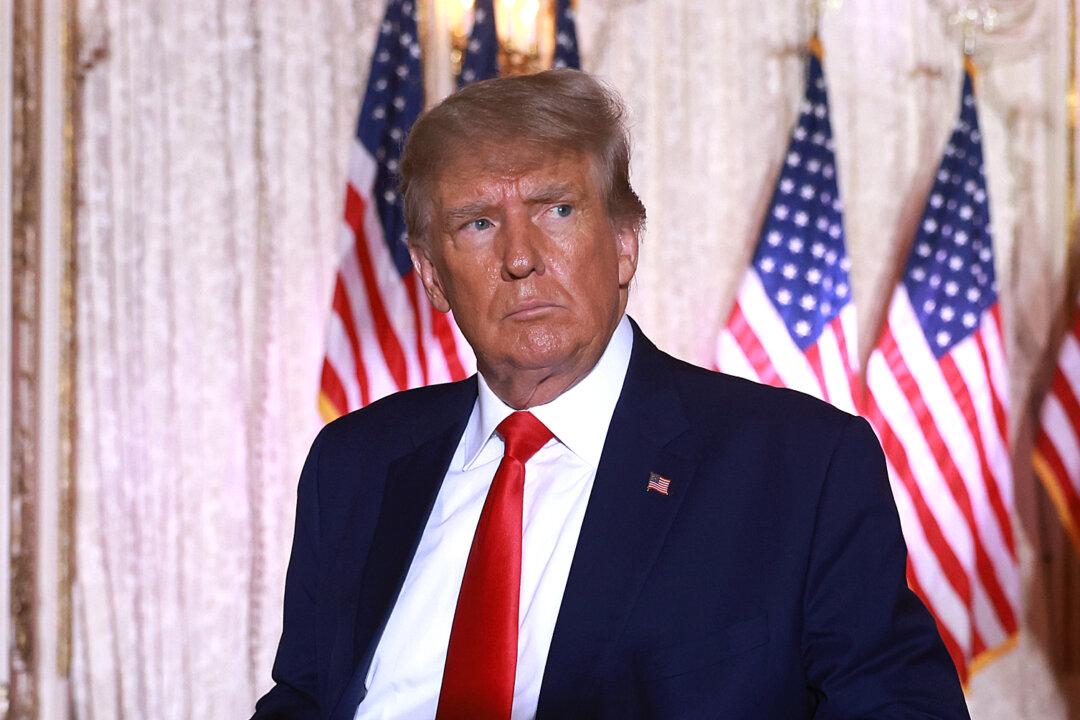Several legal experts weighed in on whether former President Donald Trump could pardon himself after he was charged with multiple counts in Fulton County, Georgia, this week.
“If there were to be a sympathetic Republican elected president, Trump, on a federal conviction or the federal charges, could be given a pardon immediately,” Ronald Carlson, a professor at the University of Georgia School of Law, told news outlets. “That is not possible in Georgia.”





